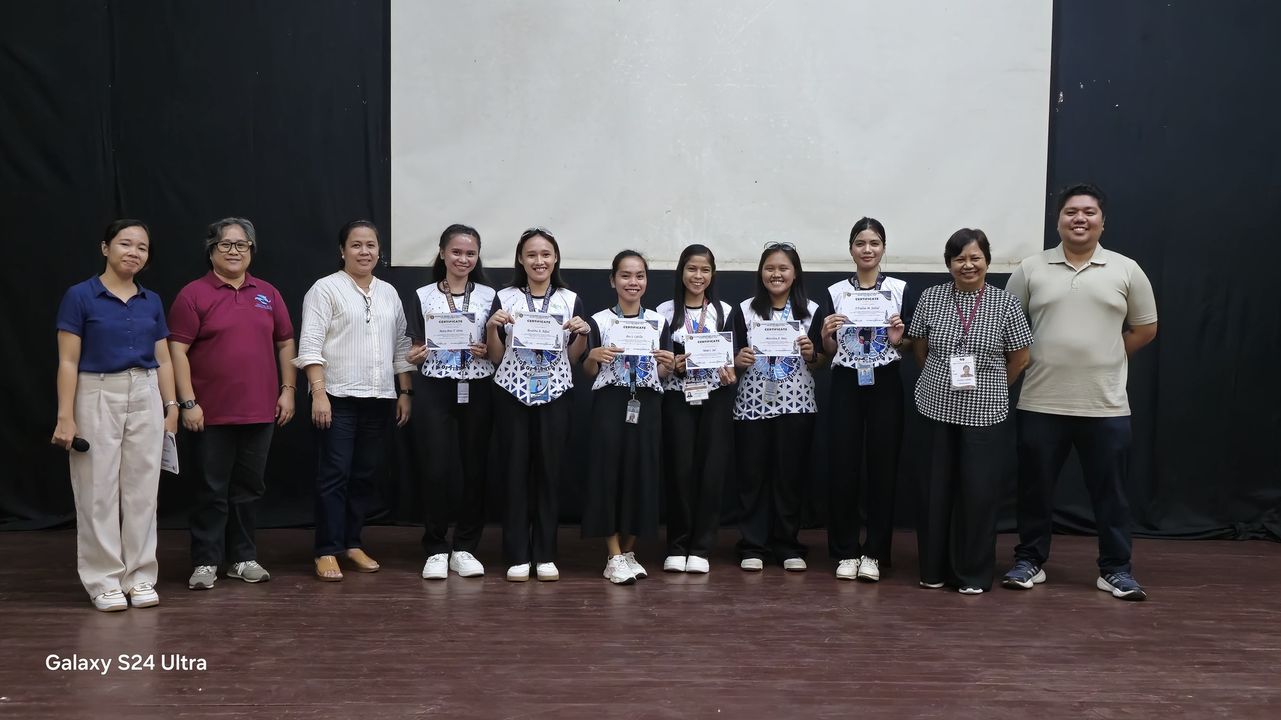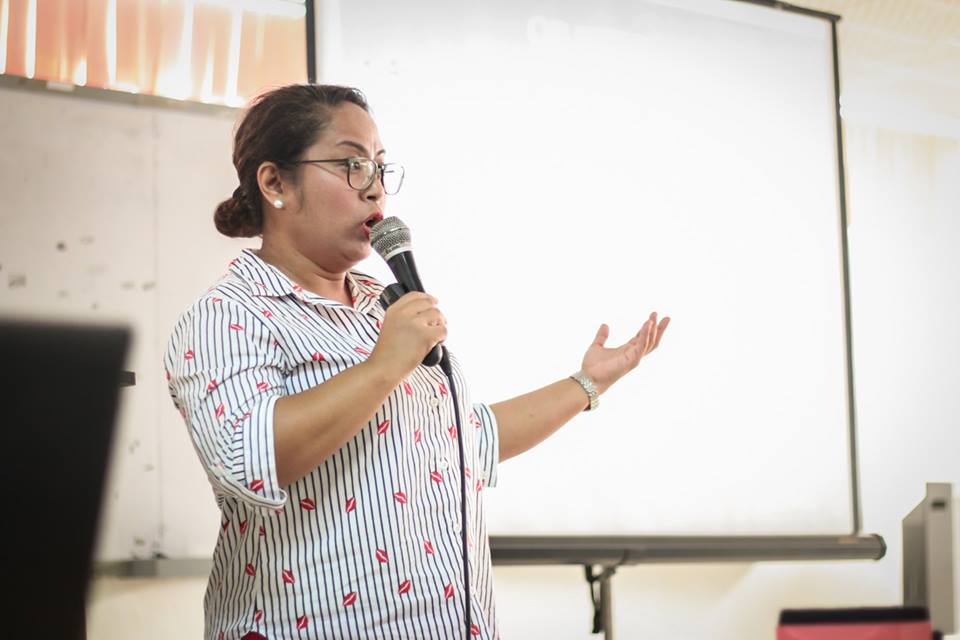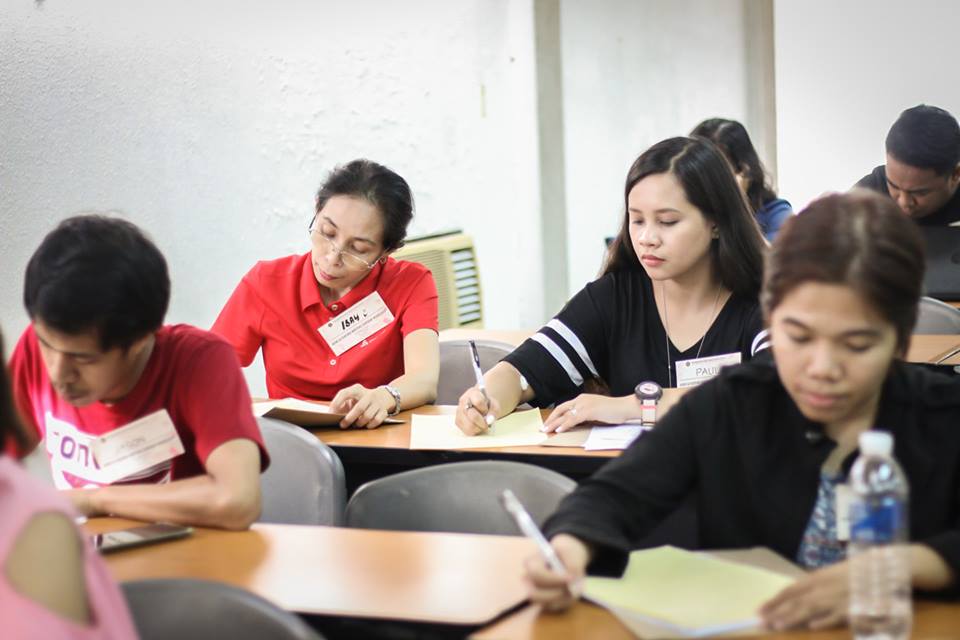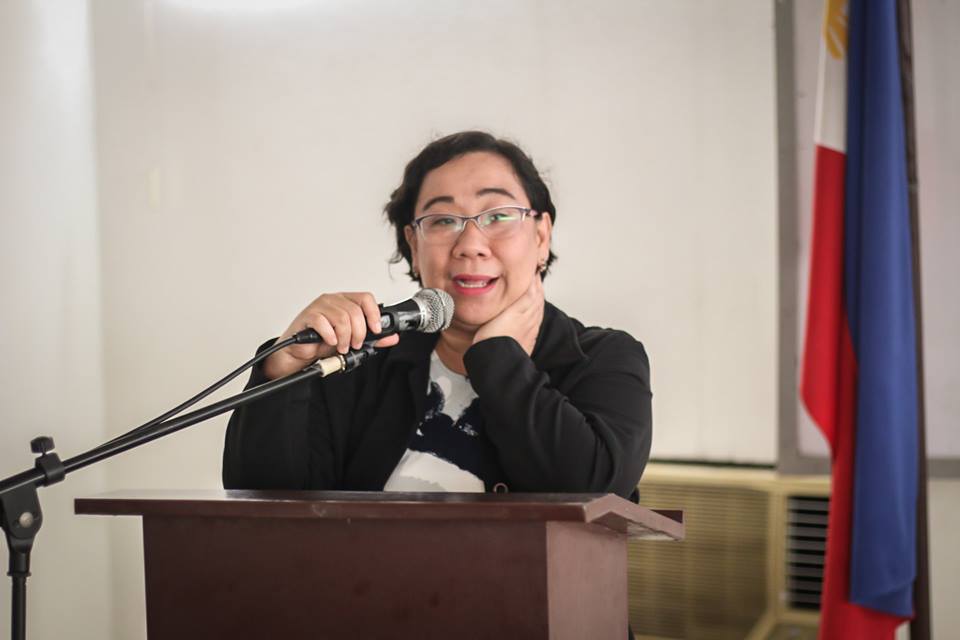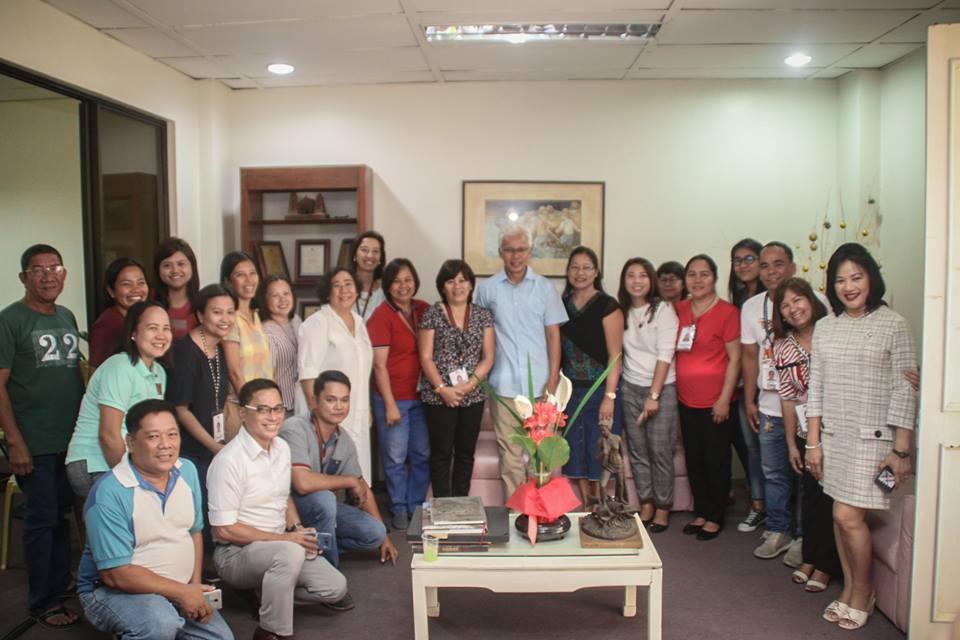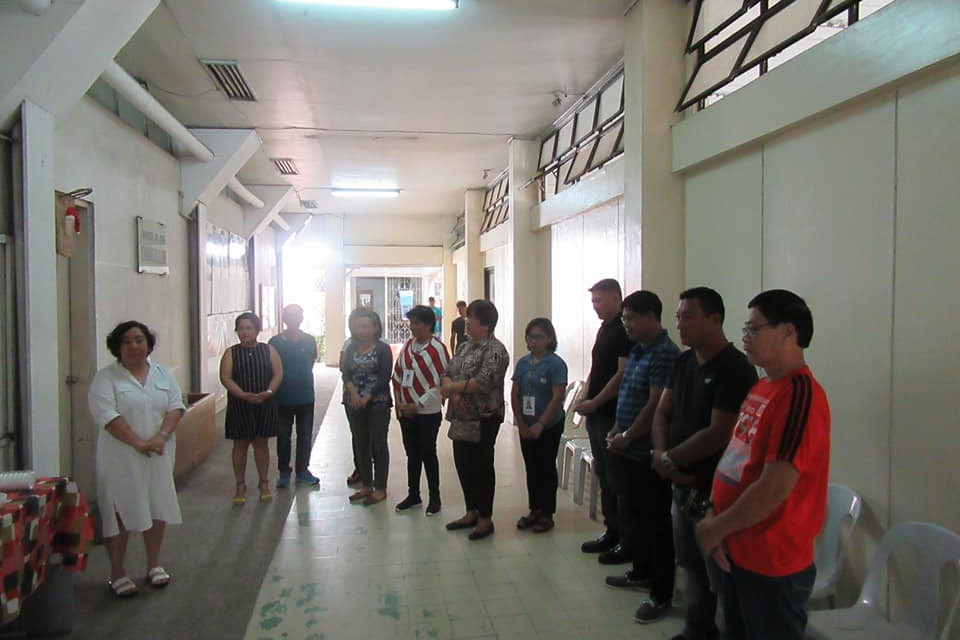The College of Fisheries and Ocean Sciences, UP Visayas (UPV-CFOS) on-the-job training (OJT) program provided fresh knowledge and skills to BS Fisheries students from two state universities and colleges (SUCs) from Mindanao.
Six students from Mindanao State University- Tawi-Tawi College of Technology and Oceanography (MSU-TCTO) and 10 from North Eastern Mindanao State University (NEMSU) Lianga campus, Surigao del Sur completed their on-the-job training at UPV-CFOS on July 26, 2024.
The students expressed appreciation especially for the new knowledge and firsthand experiences, which they claimed they only encountered at CFOS.
Speaking on behalf of her peers, Ms. Angela Jan Cajate from NEMSU said that they were excited by lectures and laboratory activities on fisheries post-harvest, fisheries policy, capture fisheries, aquaculture to field work, handling various laboratory equipment and the complexities of doing research.
“It was our first time to do field work to conduct interview and survey in the community,” she said thinking at first that they would merely work at the laboratory using a microscope. They did not expect the exposure and learning they would gain from spending 240 hours at the different institutes of CFOS.
"Every night, we would ask each other and share what we had learned during the day, and we are extremely grateful to UPV-CFOS for the invaluable knowledge and training that we received. Thank you very much," Cajate concluded.
This was echoed by Jeva Marcelita from MSU-TCTO. She said that the program equipped them with “one terabyte of knowledge” after spending 280 hours training from June 10 to July 26, 2024.
Marcelita said that they realized how difficult and complicated the fisheries program was when they came to CFOS, which they thought was a simple program, as well as the importance and applications of the program for food security and sustainability.
She said that spending their OJT at CFOS was a wise decision considering the cost and inconvenience of travelling from Tawi-Tawi to Miagao, Iloilo and vice versa just to experience the UP education.
“It was really a big opportunity for us to spend our OJT here. We have learned a lot in a short time that we stay here at UPV-CFOS and we hope the next batch of students after us could learn the same,” Marcelita said in local dialect.
The program provided student trainees with extensive practical knowledge and skills through hands-on laboratory activities and lectures, enhancing their understanding of the principles and concepts of fisheries science, particularly in aquaculture, capture fisheries, fisheries post-harvest, and fisheries management.
CFOS Public Service Coordinator Rowena E. Cadiz prepared the program of activities to capacitate students with the necessary competencies as future fisheries professionals.
The students learned from the experts of the Institute of Fish Policy and Development Studies (IFPDS), Institute of Fish Processing Technology (IFPT), Institute of Marine Fisheries and Oceanology (IMFO), Institute of Aquaculture (IA), and UPV Museum of Natural Sciences.
At IFPDS, they were given lectures on topics relevant to fisheries social science research, workshop on the application of the tools used in conducting social science research, and mock field interviews.
They attended lectures and hands-on training on various topics on fisheries post harvest technologies such milkfish deboning, surimi processing, fish drying, smoking, and packaging at IFPT.
Moreover, the students gained knowledge about fish biology and ocean sciences at IMFO while they were provided with lectures and hands-on activities on hatchery and grow-out production of fish, crustacean, seaweed, and mollusc at IA.
Some students were assigned to work at Algacon Aquafeed Manufacturing, a spin-off company headed by Ms. Soledad Garibay, university researcher of IA and chief inventor of the Philippine’s first microalgae paste.
The students shared their learning experiences throughout the course of their training during the closing program.

